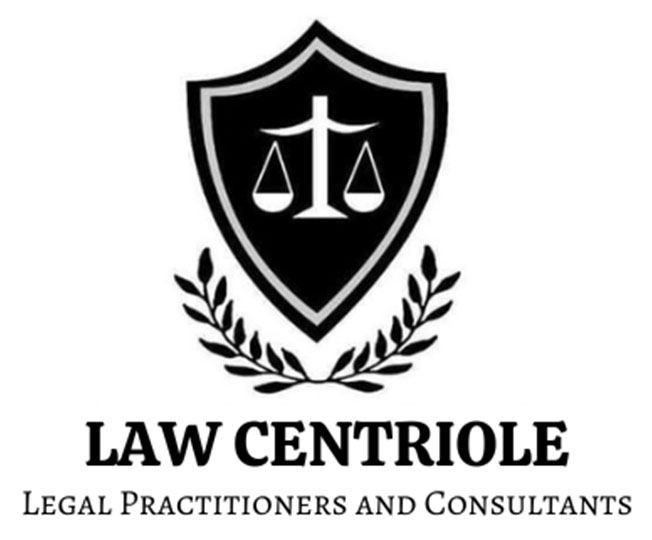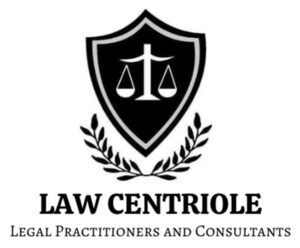When it comes to land ownership in Nigeria, it’s essential to understand your rights and protections, especially in the face of potential land ownership revocation. The Land Use Act of 1978 is the primary legislation governing land ownership in Nigeria, and it grants the government, particularly state governments, certain powers to revoke land titles under specific circumstances.
Understanding Land Ownership in Nigeria:
Under the Land Use Act, all lands in a state are vested in the governor of that state. Individuals and entities can acquire land ownership through various means, such as a Certificate of Occupancy (C of O) or other land titles. However, these ownership rights are subject to the control and regulation of the government.
Revocation Powers and Circumstances:
The Act grants state governments the authority to revoke land titles under specific circumstances, including:
- Overriding Public Interest: State governments can revoke land titles if they determine that there is an overriding public interest that necessitates the revocation. This could include cases where the land is needed for public projects or development.
- Non-Compliance: Failure to comply with the terms and conditions of the land title or violations of Land Use Act provisions can lead to the revocation of the title.
- Fraudulent Acquisition: If it is discovered that a land title was obtained through fraudulent means or misrepresentation, the government can revoke it.
- Inheritance and Succession Issues: Disputes or legal issues related to the inheritance or succession of land may prompt government intervention and potential revocation to resolve the matter.
- National Interest: In some instances, the federal government may have the authority to revoke land titles in the interest of national security or other national concerns.
Rights and Protections for Landowners Against Revocation of Land in Nigeria:
Landowners have important rights and protections under Nigerian law when facing land ownership revocation:
- Notice and Hearing: Landowners are entitled to receive notice from the government before their land title is revoked. This notice should specify the reasons for revocation and allow the landowner to present their objections.
- Right to Compensation: Landowners should receive fair and adequate compensation if their land title is revoked for public purposes. Compensation is determined through a just process.
- Right to Challenge: Landowners can challenge land title revocations in court if they believe the government’s decision is unlawful or unjust.
- Protection Against Fraud: Landowners are protected against fraudulent acquisition of their land and have remedies to recover their land or seek compensation if fraud is involved.
- Legal Documentation: Proper legal documentation of land titles is crucial for protecting landowner rights in disputes or revocations.
- Notification of Reasons: Landowners have the right to know the specific reasons for revocation, and the government must provide clear and justifiable grounds.
- Right to Due Process: Throughout revocation proceedings, landowners have the right to due process, including a fair hearing, legal representation, and the opportunity to present evidence.
Land Ownership Revocation in FCT:
In the Federal Capital Territory (FCT), the Minister of the FCT holds authority over land matters and has the power to revoke land titles under specific circumstances, similar to state governments.
Conclusion
Land ownership revocation in Nigeria is governed by the Land Use Act of 1978. While the government has the power to revoke land titles, landowners have essential rights and protections under the law. It’s crucial to be aware of these rights and seek legal counsel when facing land ownership revocation to protect your interests effectively.
Join the Law Centriole channel on WhatsApp to get early updates about new posts.

